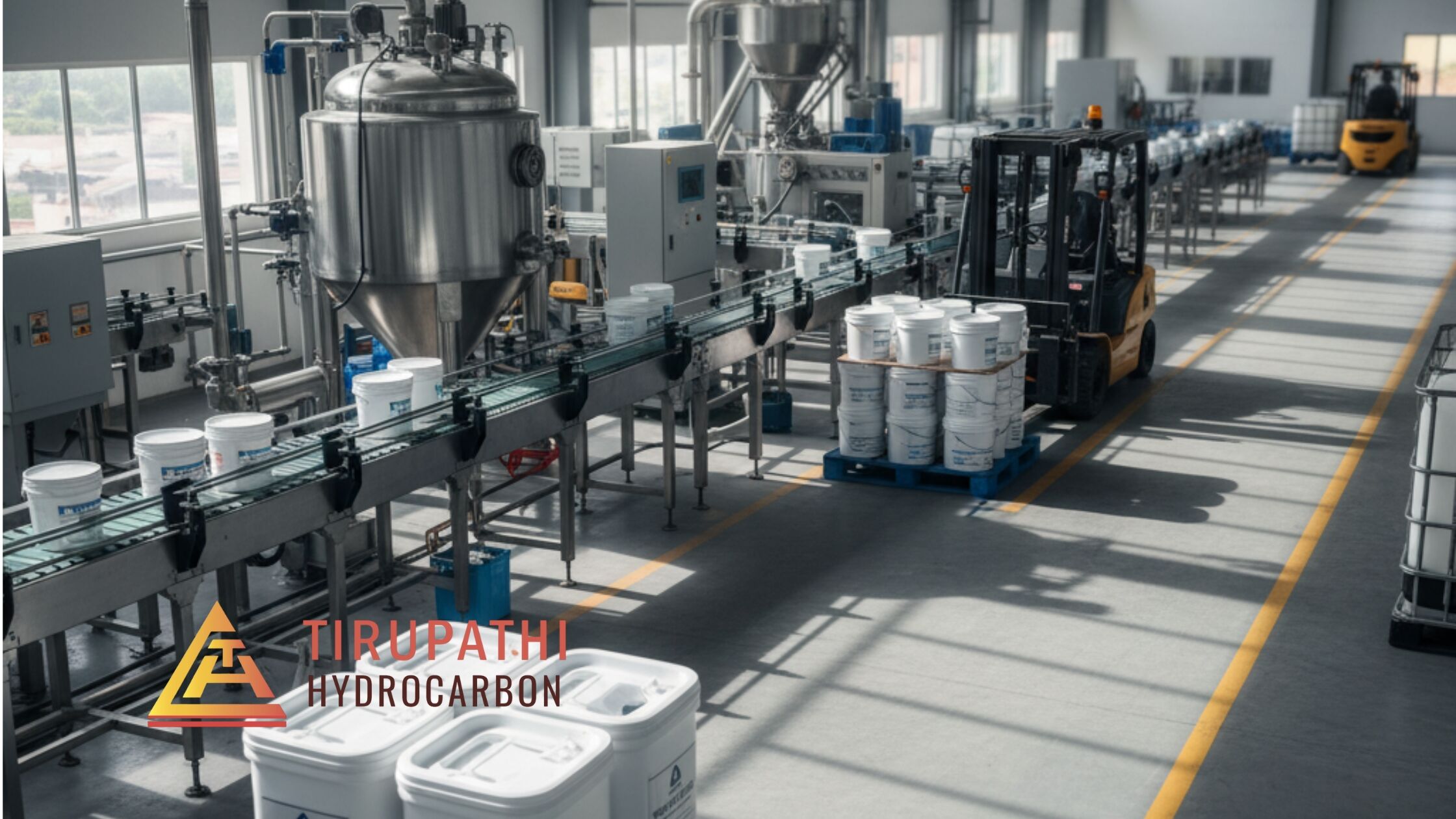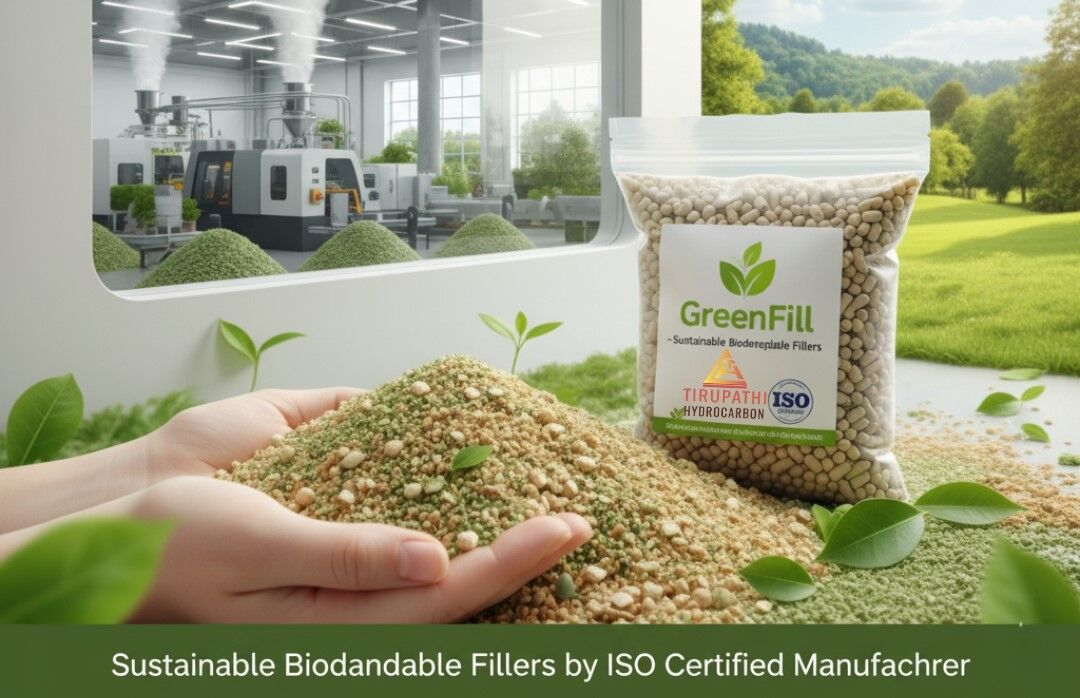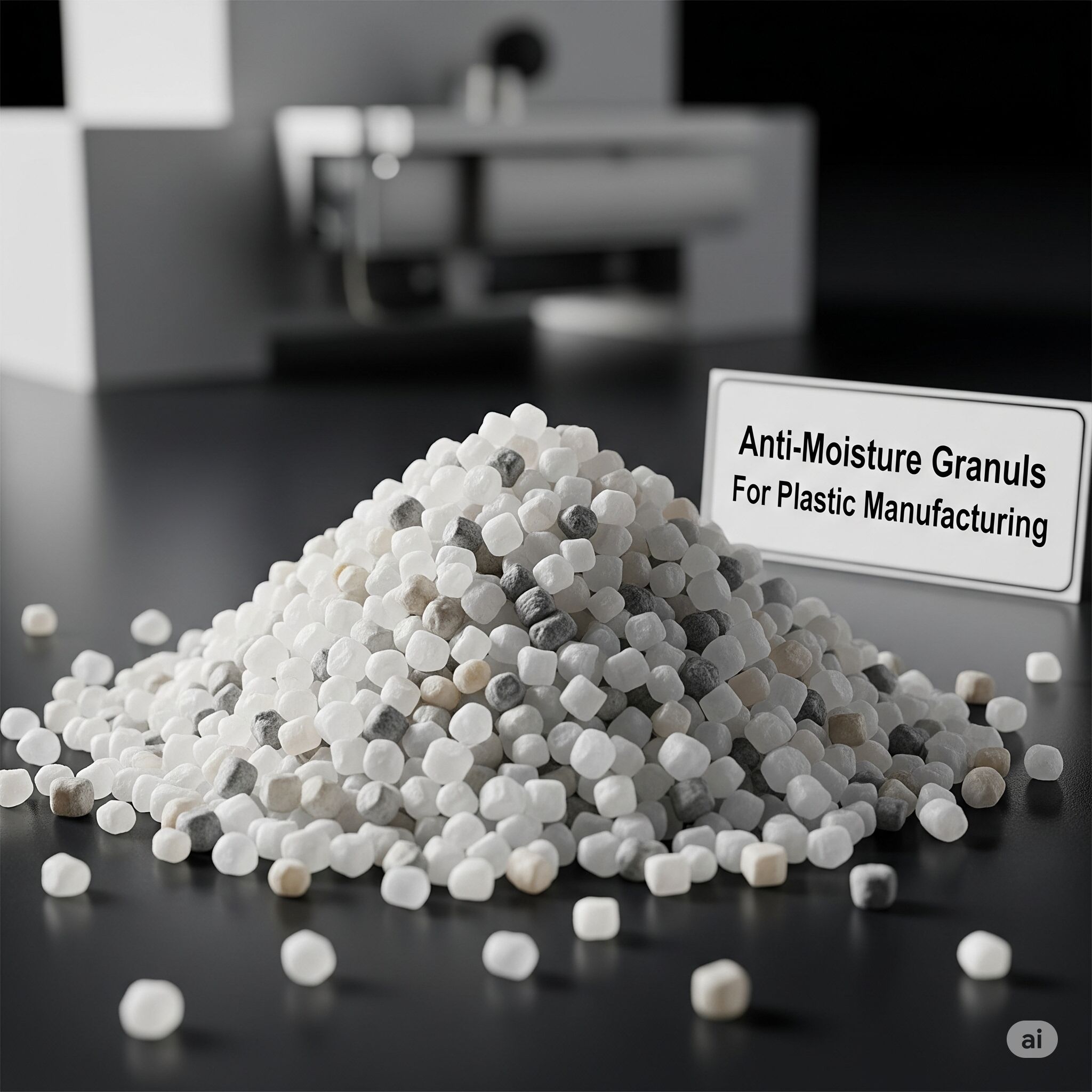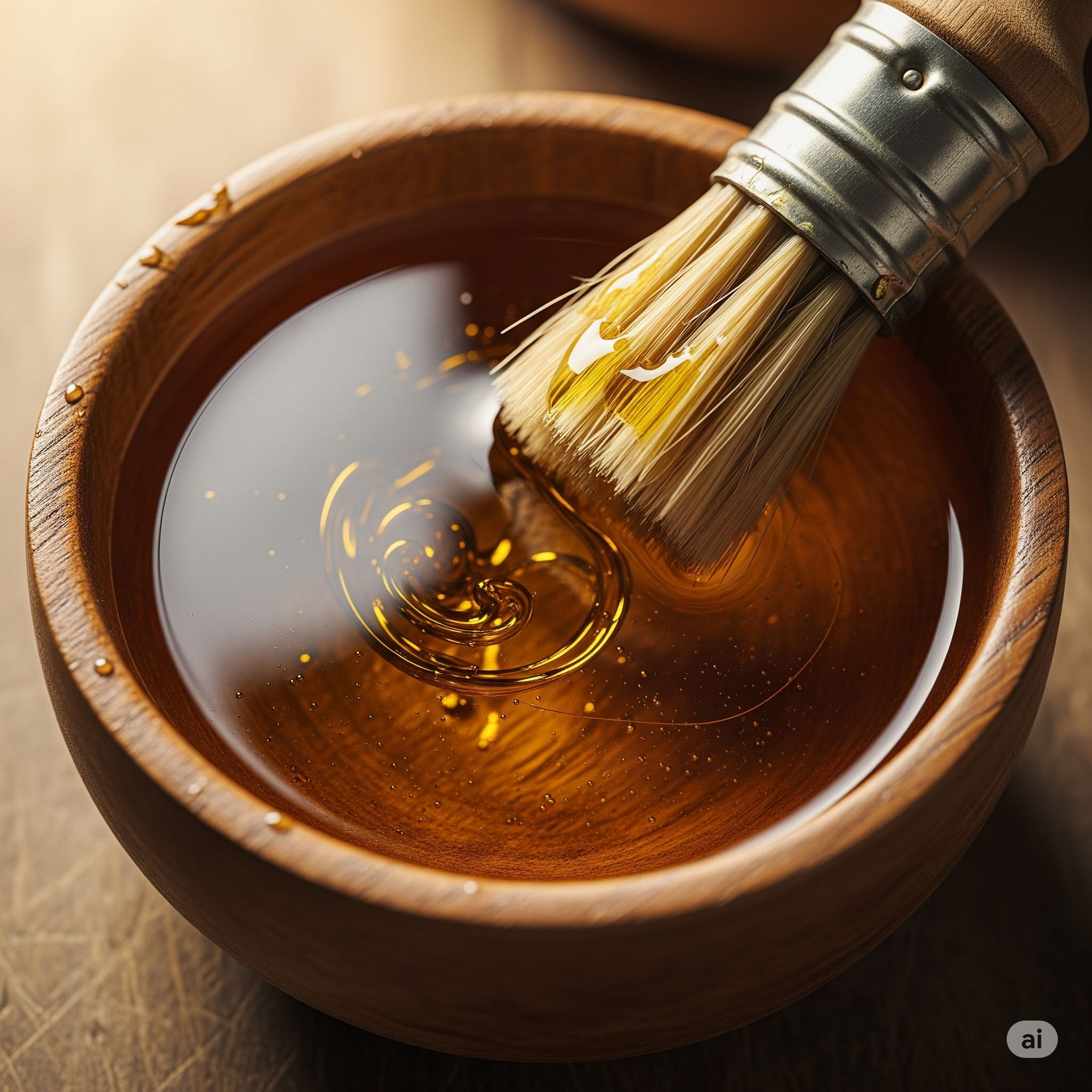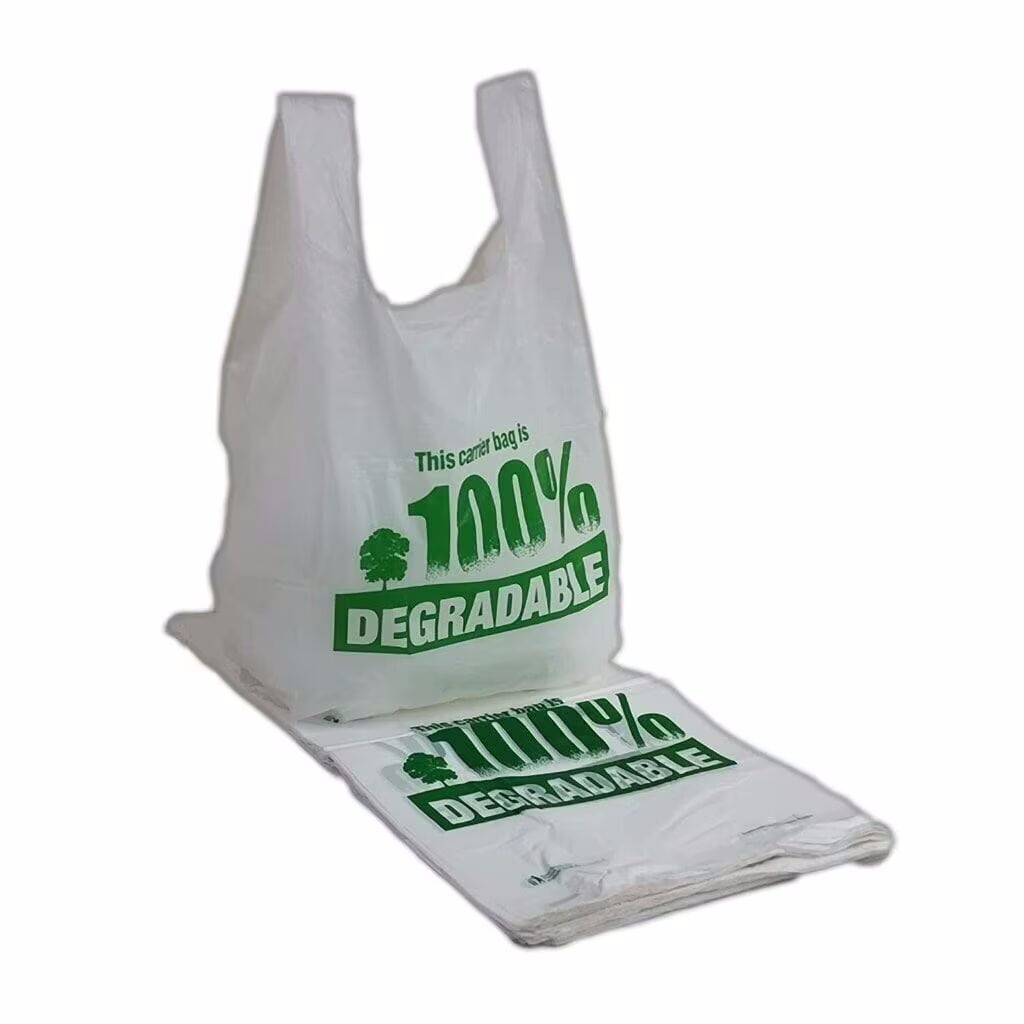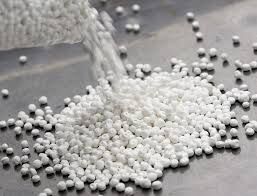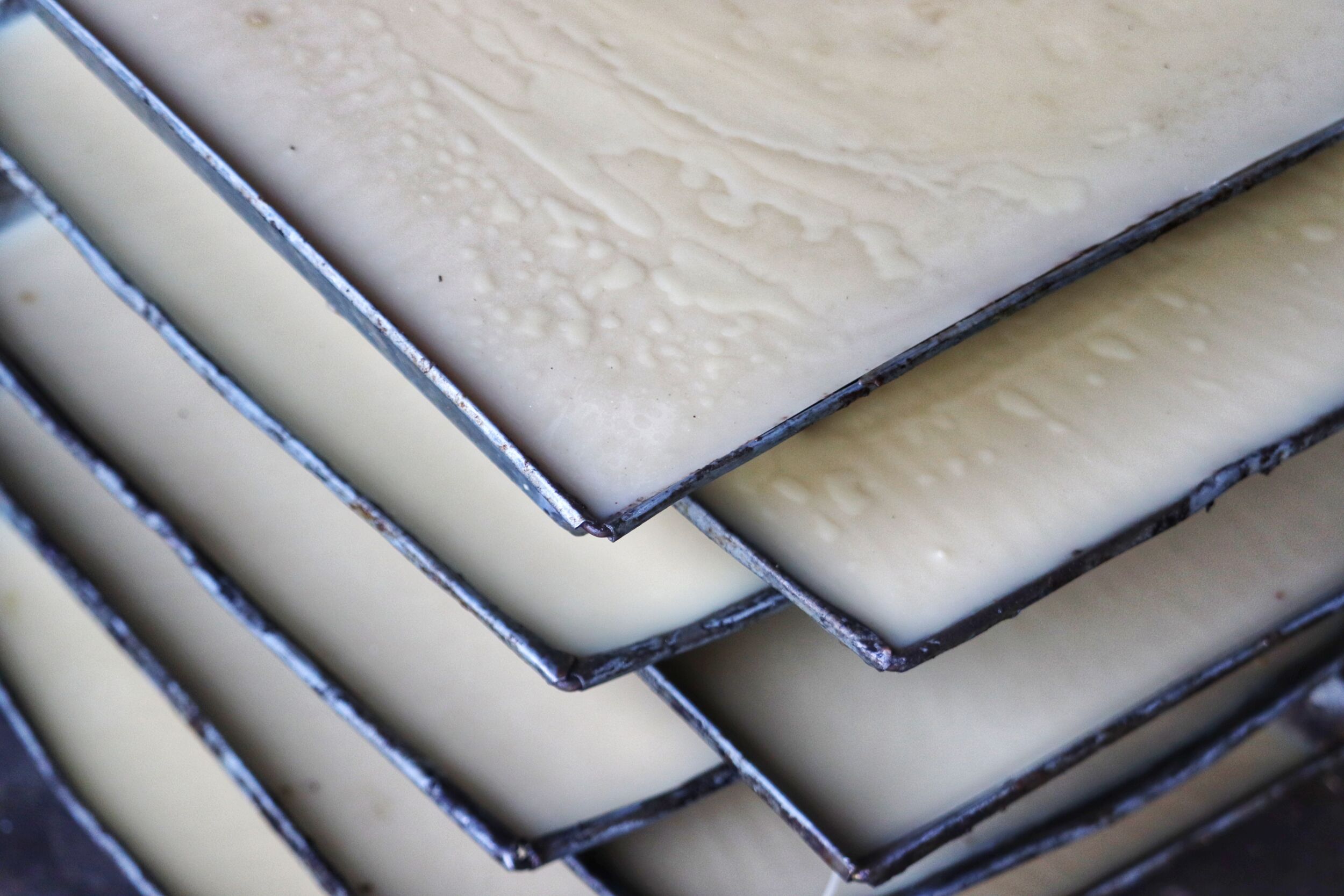
Bangalore has become one of South India’s fastest-growing industrial hubs, with strong expansion in sectors such as plastics, masterbatch manufacturing, rubber, packaging, FMCG, and chemicals. This rapid growth has directly increased the demand for wax and oil products, especially Slack Wax and Paraffin Wax, which are essential raw materials for many manufacturing processes.
Read More

